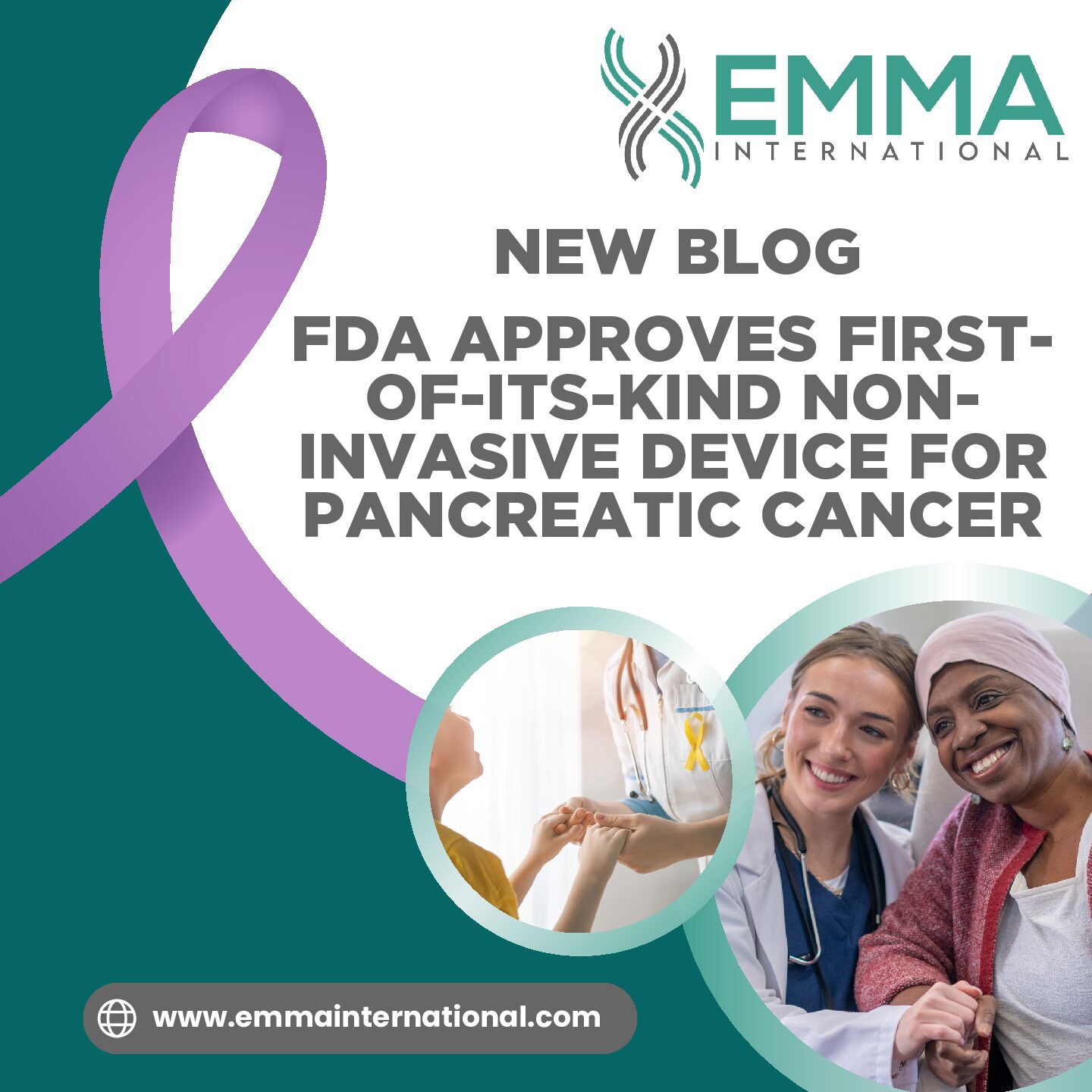In the dynamic landscape of healthcare, innovation isn’t limited to groundbreaking therapies and devices. It extends to the very processes that bring these innovations to life. Recognizing the pivotal role of advanced manufacturing technologies in revolutionizing pharmaceutical production, the FDA has introduced the Advanced Manufacturing Technologies (AMT) Designation Program. This blog will explore how this initiative is shaping the future of drug manufacturing.
The FDA’s AMT Designation Program represents a visionary approach to fostering the adoption of cutting-edge manufacturing technologies in the pharmaceutical and biologic industries. By designating certain technologies as “advanced,” the FDA aims to incentivize their development, streamline regulatory pathways, and accelerate their integration into manufacturing processes.
The AMT Designation Program encourages the development and adoption of innovative manufacturing technologies that have the potential to enhance efficiency, quality, and flexibility in healthcare production. Designated AMTs may qualify for streamlined regulatory pathways, such as priority review or accelerated approval, to expedite their evaluation and implementation.
While promoting innovation, the FDA remains committed to upholding rigorous standards for patient safety and product quality. Designated AMTs undergo thorough evaluation to ensure compliance with regulatory requirements and industry standards. By embracing advanced manufacturing technologies, the FDA aims to strengthen the global competitiveness of the U.S. drug manufacturing sector, fostering economic growth and job creation.
The AMT Designation Program encompasses a diverse range of advanced manufacturing technologies, each offering unique advantages and applications. Some notable examples include:
- Continuous Manufacturing: Continuous manufacturing enables the seamless production of pharmaceuticals, allowing for greater efficiency, flexibility, and quality control compared to traditional batch processes.
- 3D Printing/Additive Manufacturing: Additive manufacturing technologies, such as 3D printing, empower manufacturers to create complex medical devices, implants, and drug delivery systems with unprecedented precision and customization.
- Automation and Robotics: Automation and robotics play a crucial role in streamlining manufacturing processes, reducing human error, and increasing productivity in pharmaceutical production.
The FDA’s Advanced Manufacturing Technologies (AMT) Designation Program represents a bold step towards realizing the full potential of advanced manufacturing in healthcare. By fostering innovation, streamlining regulatory pathways, and prioritizing patient safety, the program lays the foundation for a more agile, efficient, and resilient drug manufacturing ecosystem. If you are curious if you could apply for the program, reach out to the experts at EMMA International today! Call us at 248-987-4497 or email info@emmainternational.com to learn more.
FDA (Feb 2024) Advanced Manufacturing Technologies Designation Program retrieved from: https://www.fda.gov/regulatory-information/search-fda-guidance-documents/advanced-manufacturing-technologies-designation-program




